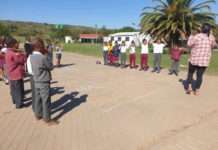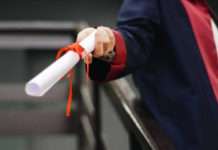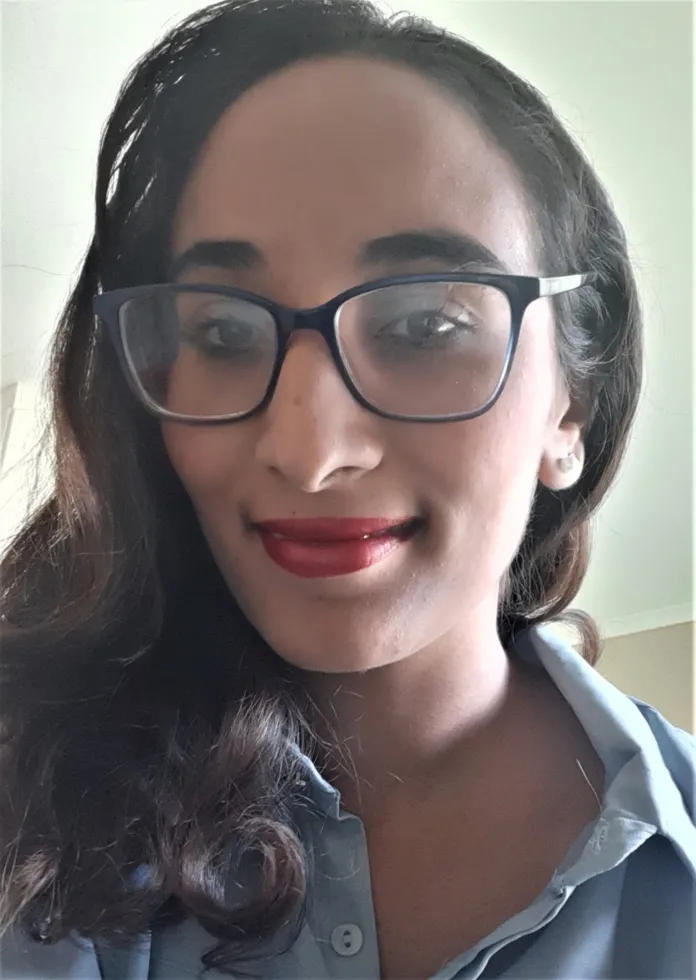Freedom Day signified the end of over three hundred years of colonialism, segregation and white minority rule. A new democratic government elected by the people, for the people was established.
In attempts to overcome an unjust past, our nation has readily embraced the meritocratic beliefs of equal opportunity, human rights and inclusion. This is evident in our laws, policies and actions. Twenty-eight years later, however, our country is still being eroded by egregious inequality. As we mourn the loss of life and tally the cost of the destruction left in the wake of the catastrophic KZN floods, we become even more aware of this inequality. Over 600 already resource-constrained schools serving marginalised communities have been damaged, while an existing basic housing crisis has been exposed.
With each passing year in post-apartheid recovery, it becomes ever more apparent that universal suffrage is merely the tip of the democracy iceberg. We ought to expect and strive towards more in the name of our hard-won democracy and these efforts must begin with quality education for every child.
At this point it makes sense to take us back well over a century and reference the contribution of influential philosopher, psychologist and educational thinker, John Dewey. Published in 1916, Democracy and Education: An Introduction to the Philosophy of Education, highlights the link between democracy and education.
Essentially, Dewey asserts that democracy, in its practical application, requires citizens who are equipped to make informed, intelligent choices and decisions leading to the public good. Quality, fit-for-purpose education has both a practical and moral purpose in fostering healthy, democratic societies.
Over a century later, this assertion could not be more relevant for us here in South Africa. We have repeatedly seen organisations dedicated to the support and defence of democracy, like the US-based Freedom House, emphasise that democratic stability and development in countries is tied to sustainable economic growth. And, too, for economic growth to occur, quality education is indispensable.
In South Africa, education experts have identified six critical areas we need to focus on to improve the quality of education our children receive. Among these are infrastructure development, teacher development and the oft-overlooked leadership development of principals. Historically, South Africa, much like its counterparts on the African continent, devotes significant resources to education infrastructure. But this alone is not enough to create lasting change in this vital sector.
During the infancy of our nation’s new found freedom, Zanele Mthembu, a South African broadcasting, television and film production specialist, issued a clarion call for government and citizens to join forces to ‘’make this democracy work for us’’.
She used the isiZulu phrase Izandla ziyagezana, which literally translates to one hand washes another. ‘’Government is one hand, and ordinary citizens the other hand,’’ Mthembu said, and ‘’…we need both hands to wash away the legacy of apartheid, so that we can sit with clean hands at the table of democracy, and enjoy the fruits of our labour.
We need a reconstruction of the people’ mindsets, and this can only be done through education. The better educated our nation, the better our future is going to be.’’ This analogy should illuminate our way forward, especially now, as we begin to heal from the most recent tragedy that has befallen us. We have an opportunity to revive the spirit of this message by working together to build #TheFutureWeWant as our constitution envisions: a democracy that acknowledges its very dependence on quality education for all.
The floods in KZN have dealt a severe blow to our efforts at building a democracy underpinned by quality education for all. If you would like to play a role in the rebuilding of KZN schools, consider supporting a principal from a school impacted by the floods. Please contact Dorcas Dube, Marketing and Communications Manager for Symphonia for South Africa, by emailing [email protected].
About the author
Zah’Rah Khan heads up the editorial team at Symphonia for South Africa. Her focus areas are education, politics, law and research.












